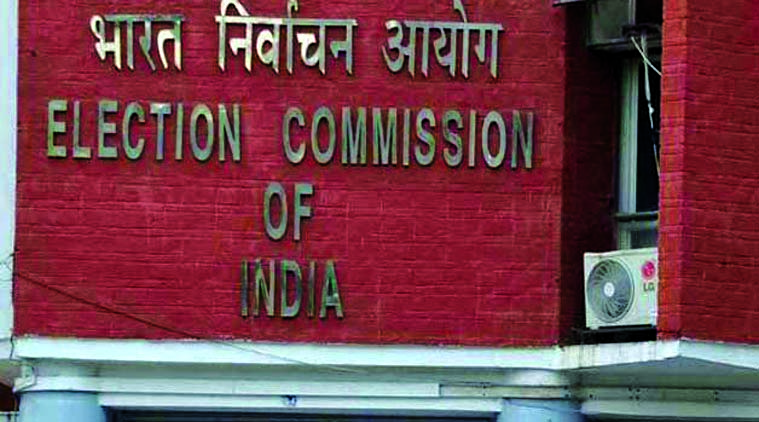KL NEWS NETWORK
SRINAGAR

Authorities Thursday decided to act tough against smokers as officials of the transport department have been asked to effectively implement tobacco control laws in public transport buses and bus stands across the state.
“All officials are directed to implement Cigarettes and Other Tobacco Products (Prohibition of Advertisement and Regulation of Trade and Commerce Production, Supply and Distribution) Act (COTPA) in the department and to strictly enforce anti-tobacco laws in the public transport system of the state,” the order issued by the department said.
Pertinently, officials have been authorized under COTPA to fine smokers in public conveyances.
“The violations can attract a fine of up to Rs 200. Besides, ‘No Smoking’ signages of 60x30cm should be displayed in all public vehicles at a prominent place, as mandated by section-4 of the Act,” the order further said.
Similarly, directions have also been issued to ensure that there are no direct and indirect advertisements, sponsorship of tobacco products on public conveyances, as mandated by sec-5 of COTPA, the order said.
“The compliance report on the action-taken by the designated officer by the end of every month should also be forwarded to the transport department’s office. Transport Commissioner is also requested to direct all the transport unions registered with the department that they should distribute stickers depicting ‘No Smoking Areas’ and this should be a binding on them,” the order said.
Interestingly, 26.6% population in Jammu & Kashmir is using tobacco product in one or the other forms. The state has 12% cigarette smokers, 3.8% bidi smokers and 8.0% smokeless tobacco users. J&K’s cigarette use prevalence (12%) is almost double the nationwide prevalence of 5.7%. The highest proportion of adults (67.9%) exposed to tobacco smoke in offices is in J&K and the lowest (15.4%) in Chandigarh.
The COTPA Act enacted in 2003 is aimed to discourage consumption of tobacco products through progressive restrictions and to protect non-smokers from passive smoking.















